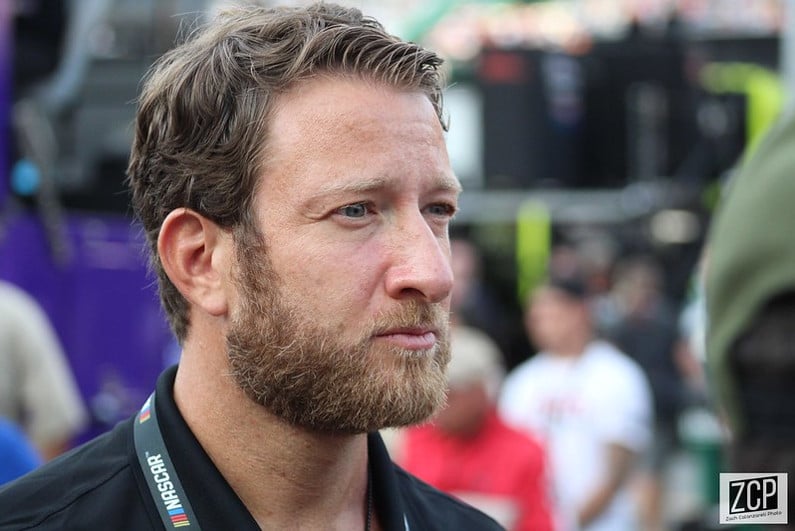A major bone of contention
Barstool Sports owner Dave Portnoy has never shied away from expressing controversial opinions. Now, the avid gambler has taken to X over to announce that he is quitting betting on horse races because of computer-assisted wagering (CAW):
His main gripe is that race tracks benefit from people using CAW systems, leading to average bettors getting lower odds for their selections by the time the race begins. CAWs often have the edge of accessing special data feeds, volume rebates, and late betting windows with their algorithmic systems.
Breaking down the issue
A bettor might stake $100 on a horse at +500, due to generate a $500 profit if successful. However, CAWs (individuals using these computer systems to assist wagers) might then bet $200,000 on the same horse, which drops the odds to +250 as the race starts. This way, the initial bettor will only get a $250 return, as they get paid on the final odds unless specified otherwise.
the more money the CAWs bet, the bigger the track’s commission will be
CAWs instantly calculate true odds in real-time in the final seconds before the race, giving them an edge. The track usually gets a fixed cut of the pool, so the more money the CAWs bet, the bigger the track’s commission will be. They also often get a rebate, which could be up to 12% of their wager amount, giving them more room for error.
Unhappy bettors
Portnoy suggested banning tracks from profiting from the betting pools that they control. The 48-year-old quoted an X post from racing betting expert Andy Asaro in which he outlines the ongoing problem of CAWs:
Asaro believes that the rebate that the high-volume CAWs get and their access to special feeds mean that they’re almost guaranteed long-term profits. He said this means the average horse race bettor will lose more often.
a rule that would prevent CAW betting in the two minutes before post time
He referenced a recent controversy at the Keeneland Racetrack in Kentucky, where bettors tried to introduce a rule that would prevent CAW betting in the two minutes before post time, to avoid last-second odds decreases. Keeneland declined to implement the rule despite tracks in New York and California already implementing the restriction.
In a subsequent X post, Portnoy expressed his opinion that two minutes isn’t enough, a five-minute rule should be in place:
He also presented some guesses on what could happen if the CAWs issue persists:
It remains to be seen if Portnoy’s comments, which have sparked a lot of conversation on social media, will lead to any meaningful change.




